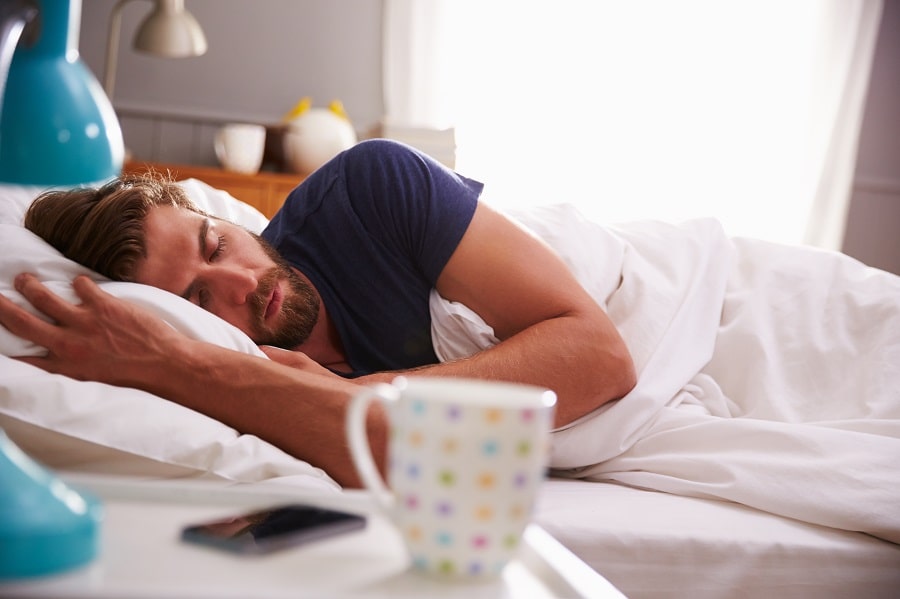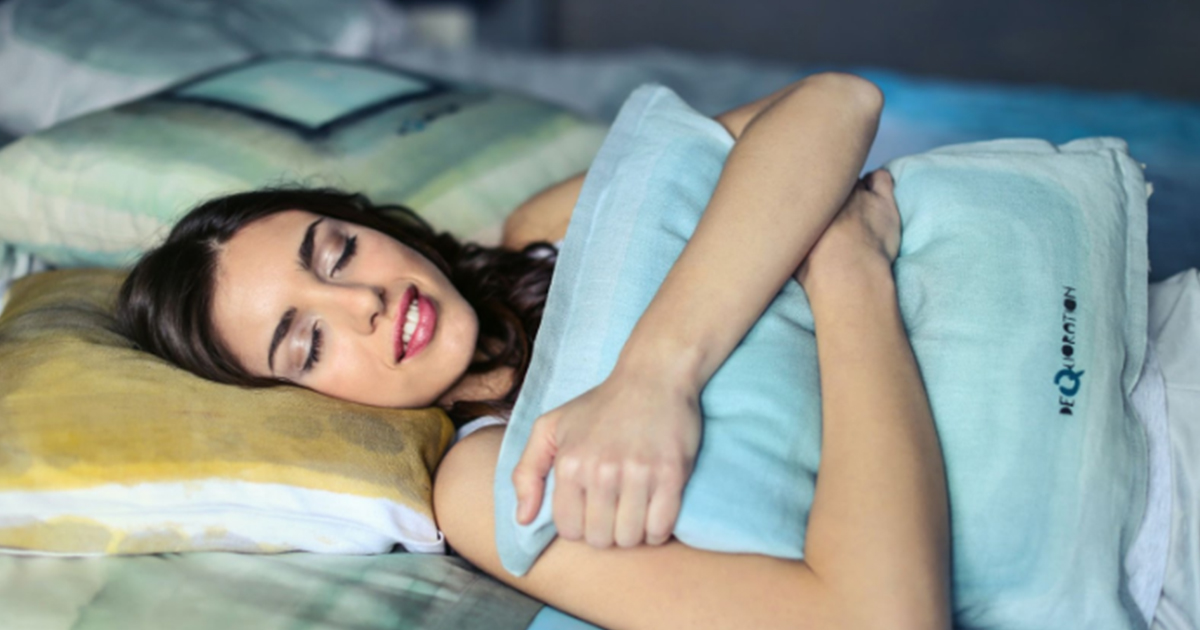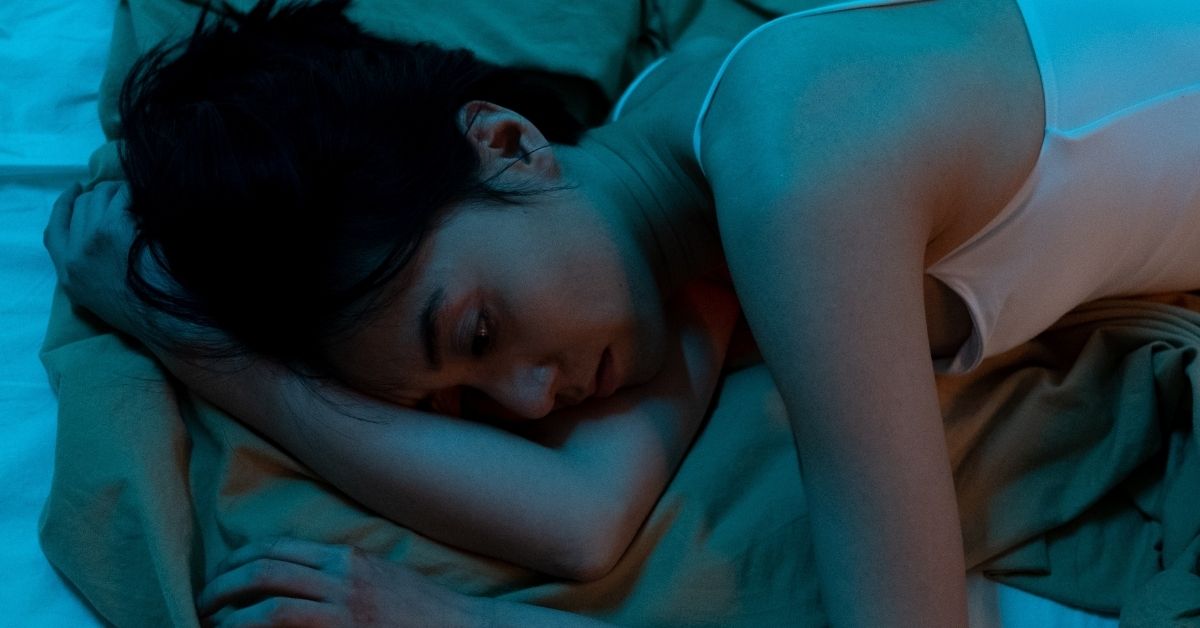Sleep latency refers to the amount of time it takes you to fall asleep after the lights have been turned off. Ideally, this transition from full wakefulness to sleep should occur relatively fast, without too much time spent trying to fall asleep.
Sleep Latency and Sleep Efficiency
There is a direct relationship between sleep latency and sleep efficiency. Sleep efficiency refers to the ratio of time that an individual spends in bed actually sleeping. If, for example, an individual spends 7.5 out of the 8 hours they are in bed sleeping, they are said to have 93% sleep efficiency—which is considered excellent.
If an individual spends the majority of their time in bed during the evening actually asleep, then they are considered to be sleep-efficient. In contrast, if an individual spends a lot of the time that they are in bed trying to fall asleep—rather than actually sleeping—then they are not considered to be sleep-efficient. Sleep latency relates directly to sleep efficiency because if a person is able to fall asleep quickly, they are more likely to be an efficient sleeper.
Sleep Latency and Sleep Debt
Sleep latency is also related to sleep debt, which refers to the overall effect of sleep deficit. A person’s sleep debt can worsen and accumulate over time if they do not get the proper amount of sleep their body needs. The more sleep debt, the shorter a person’s sleep latency. This means that if you fall asleep immediately after getting in bed, you could have a high sleep debt.
Multiple Sleep Latency Test
Sleep latency is often measured using a multiple sleep latency test (MSLT). Often referred to as a nap study, it is performed during the day and measures the amount of time it takes an individual to fall asleep. The MSLT test usually involves taking a total of five daytime naps scheduled two hours apart. Patients are monitored to determine the amount of time they are awake, asleep and in REM sleep. If patients fall asleep during the scheduled naptime, after 15 minutes of sleep they’ll be awakened. In addition to measuring sleep latency, MSLT tests are also helpful for diagnosing idiopathic hypersomnia (excessive daytime sleepiness) or narcolepsy.
Jacksonville Sleep Center
Diagnosing and treating a sleep disorder with the help of a physician can go a long way to improving your quality of life. At the Jacksonville Sleep Center, we specialize in helping patients in Jacksonville get the great sleep they need! We offer the latest in technology for sleep disorder diagnosis, assessment, and treatment. If you are experiencing an imbalance in sleep latency, our physicians and team of specialists would love to see how we can help. Contact us today to learn more and set up an appointment!






